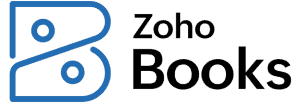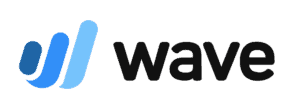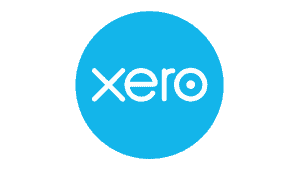Accounting Software Reviews
-
QuickBooks Online
Read Review Visit SiteQuickBooks Online is cloud-based accounting software. It has the complex accounting capabilities that small business owners need and supports numerous integrations. Quickbooks Online has a lot to offer in terms of features, accounting, and usability.
-
FreshBooks
Read Review Start TrialFreshBooks is ideal for small businesses that want a basic, easy-to-use accounting solution and don’t need complex accounting features or multiple users. FreshBooks Classic is ideal for small businesses that don’t need accounting software and simply want an easy invoicing and expense tracking tool for their businesses.
-
Zoho Books
Read Review Start TrialZoho Books is a cloud-based accounting program with advanced invoicing features as well as features such as auto-scheduling invoices, reporting tags, and inventory. Zoho Books offers a strong set of features that could be ideal for many small businesses. It is nearly on par with QuickBooks Online -- and at half the cost.
-
QuickBooks Desktop Premier
Read Review Visit SiteQuickBooks Premier is ideal for small to medium-sized businesses that have outgrown QuickBooks Pro and need more users, more reports, and industry-specific features. The downsides? More features come at a higher cost and there’s still a learning curve.
-
Wave
Read Review Visit SiteWave is free accounting software and unlike other free programs, there are no artificial limits on invoicing, contacts, items, or other features. The only thing you have to pay for is adding payroll, payment processing, or professional bookkeeping. There’s limited tax support, no project management, limited time tracking, and no additional users.
-
QuickBooks Solopreneur
Read Review Visit SiteQuickBooks Self-Employed is a tax software with a few accounting features thrown in. However, QuickBooks Self-Employed still has a way to go as the software has several gaps. It is suitable for freelancers.
-
Xero
Read Review Visit SiteXero is a robust, cloud-based software with strong accounting, ample integrations, and some really great features. It offers tons of automations to save business time like automatic sales tax lookup, group invoicing, and default email templates.
-
ZipBooks
Read Review Visit SiteZipBooks is a cloud-based accounting program that offers intuitive, color-coded design with a number of features, including invoicing, contact management, project management, and time tracking. It offers such features as time tracking, project management, and basic job costing even on the free plan. Be aware of the limited reports and integrations.









